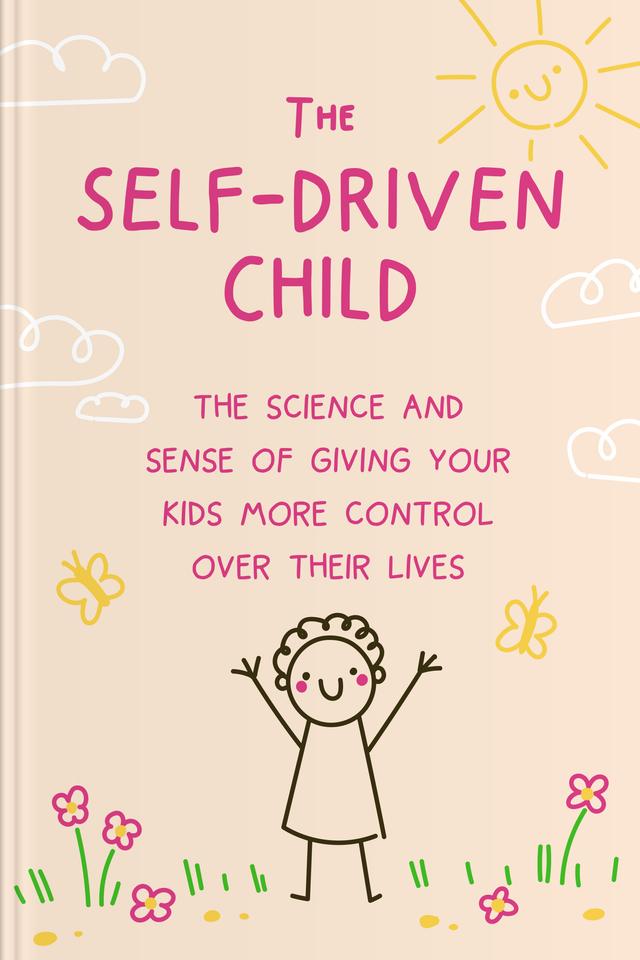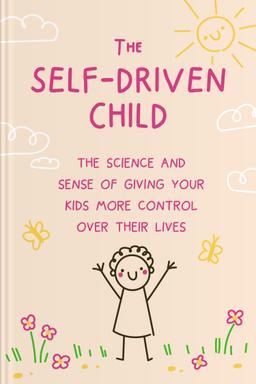You’ll learn
- About parenting styles that get positive responses
- Handling children and stressful situations
- How easily children adapt
- Ways of expanding education beyond grades
Protect the world’s peace. Donate to support Ukraine

first KEY POINT
Parenting consists of many intricacies filled with various pitfalls and joyful moments. Raising a healthy human who will know how to be happy and function well in society is not an easy challenge. But don’t be scared — with enough knowledge and kindness, you’ll manage to master this challenge.One of the core concepts in parenting is handling control. Sometimes, we think imposing our choices on our children is easier. We want them to do the right things without mistakes, so we try to control everything they do.From a young age, children need to learn control and independence. They need to be allowed to make mistakes and learn from them. Through research on stress and motivation, Stixrud and Johnson realized that a perceived sense of control is a significant determinant of a child’s development. They concluded that a child with a poor understanding of being in charge could become stressed and unwilling to do any assigned task. Conversely, when children have a healthy sense of independence, they develop in many areas, such as autonomy — the ability to make an informed decision — and motivation.
The core idea is such: you can't control your kids. Instead, focus on teaching them how to do things and think independently. It will greatly help them succeed in life. Children have brains and should be allowed the freedom to use them; they only need your support. They also need respect and space to understand their tasks.Stay tuned to discover tips and tricks to being the best parent possible. Learn how to teach your kids to handle stressful situations and the most efficient ways to encourage their self-development.
second KEY POINT
Constant stress is detrimental to the brain. It is even more severe for children because their brain is still developing. Also, rates of illnesses caused by stress are at an all-time high, and several pieces of research show that depression is now the leading cause of disability worldwide. You might wonder what a sense of control has to do with depression and stress; the answer is everything. There are various sources of stress:• Novelty: A new experience
• Unpredictability: Something you have no idea would occur or not
• A threat to the ego: If your safety or competence is questioned
• Lack of control: When you think you have no controlWhen people feel in charge of a situation, their stress levels substantially reduce. This tendency explains why some
people are more comfortable when they are driving than flying; it also explains why traffic jams are so annoying.Kids often argue that they can’t do their daily tasks alone because they want to control those activities. So, step back and let them do these tasks. This way, they get to do the important things without any fuss. People tend to perform better when they are at peace with no one watching their every move.

Continue reading with Headway app
Continue readingfirst KEY POINT
second KEY POINT
third KEY POINT
fourth KEY POINT
fifth KEY POINT
sixth KEY POINT